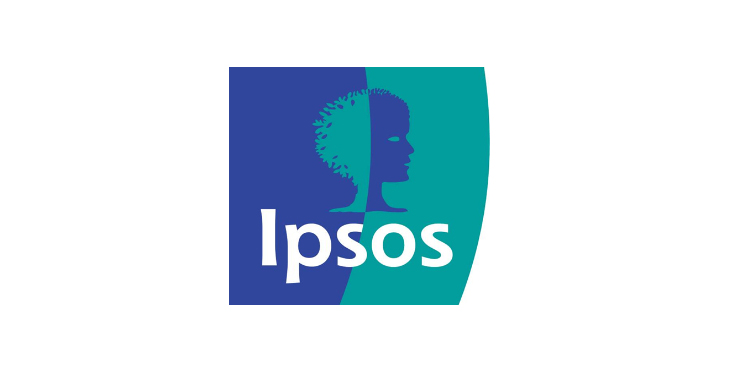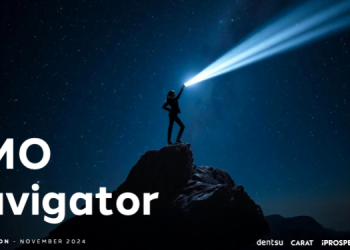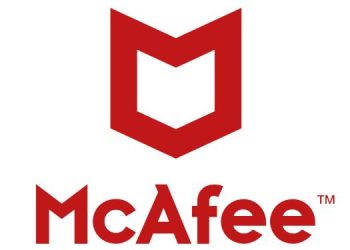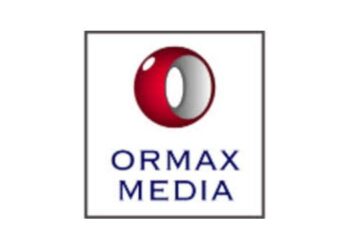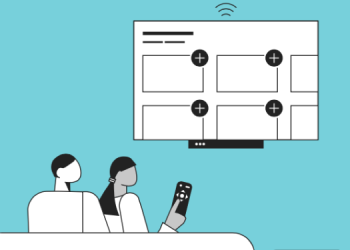New Delhi: According to the new findings of the Ipsos Essentials global fortnightly survey, at least 90 percent of urban Indians polled said they were ready for the Corona Virus Vaccine jab. Ipsos Essentials is a syndicated fortnightly survey conducted by Ipsos in 16 countries of Australia, Brazil, Canada, China, France, Germany, Italy, Mexico, Spain, India, Japan, Russia, South Africa, South Korea, the UK, and the US.
The study also shows 30% of urban Indians are looking to postpone their big-ticket purchases; 80 percent urban Indians sense things in the country are out of control (up from 62% in 2020). Indians are prioritizing their own and families’ health and 88% of urban Indians have bought some nutritional supplements/ vitamins/ probiotics in the last 2 weeks. And 23% perceive even a large risk in going to grocery stores.

According to Archana Gupta, Executive Director, Market Strategy and Understanding (MSU), Ipsos India, “Ipsos Essentials monitors how people across the globe navigate the new rules of engagement and the resulting impact on the state of mind, state of wallet, and future intentions. People’s willingness to get inoculated, in itself is a good sign. The vaccine is the most protective sheath for everyone, from the virus. And of course, the immunity building supplements and food options.”

“Marketers in the key sectors of OTC and Healthcare, eCommerce, Packaged F&B, other FMCG, Tobacco and Alcobev, Travel, and Retail will find consumer insights useful in the Ipsos Essentials fortnightly survey,” says Krishnendu Dutta, Group Service Line Leader, MSU and Innovation, Ipsos India.
India tops in Corona Virus Concern
Urban Indians are most concerned about the coronavirus and its impact on health, across 16 markets, with at least 75% of the urban Indians polled voicing their concern. Other issues bothering them included, economy and finances (12%), political, social, inequality, and environment/ climate change (5%).
Global citizens were concerned about COVID19 (51%), economy and finances (24%), political and social inequality (14%), and environment/ climate change (8%).
“There are significant dips in positive emotions like optimism, enthusiasm, and excitement in the recent rounds of Essentials. “Fear” is increasing as a response. A lot now depends on the execution and speed of vaccination efforts, and the government may quickly restore consumer confidence if that happens. The pace of recovery in sentiments and a sense of wellbeing, along with the economy are dependent on this crucial parameter in the months ahead,” adds Dutta.

